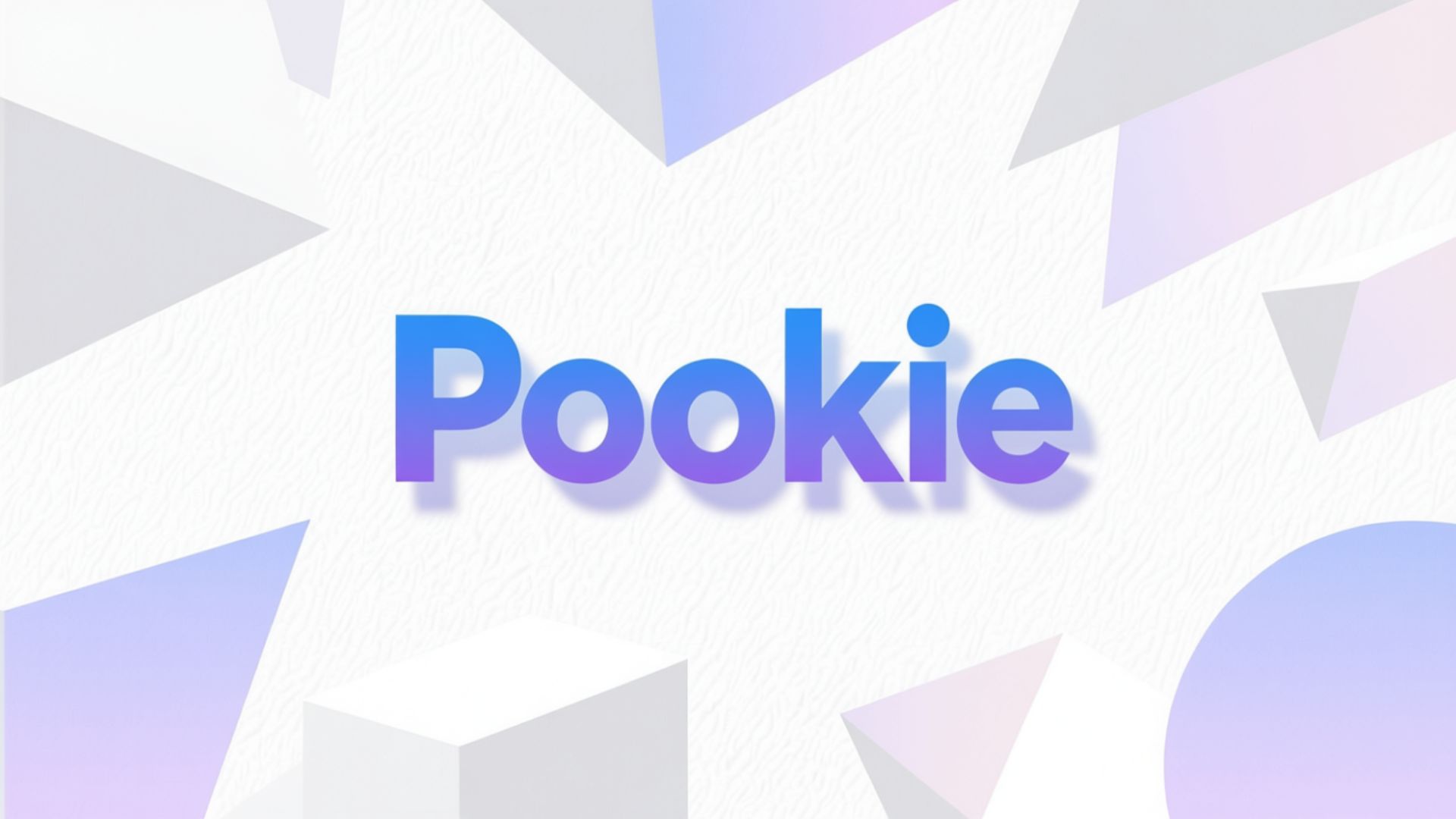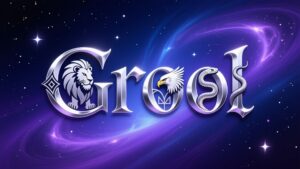Slang has a funny way of sneaking into our daily lives. Some words come and go like passing fads, while others stick around and become woven into culture. One such term that has stood the test of time though with changing meanings is “pookie.” You may have heard it in a romantic text, spotted it in Garfield comic references, or even noticed it in more unusual contexts. But what exactly is behind the charm and confusion of this quirky word?
Let’s break it down: Pookie meaning, its origins, and how you can use it today.
What Does Pookie Mean?
The most common pookie definition is simple: it’s an affectionate pet name used for loved ones. If you’ve ever heard someone say “Goodnight, Pookie” to their partner, they’re using it the same way people might say honey, baby, or sweetheart.
However, there’s no single answer to the question “What does pookie mean?” because like many multiple meanings of slang words, it shifts depending on context.
- As a pet name: A warm, loving way to address someone special.
- In Garfield comics: The famous cat’s teddy bear is named Pookie, giving the word a nostalgic and sweet association.
- In drug slang: Unfortunately, there’s also a darker use, where “pookie” can refer to a pookie crack pipe meaning in certain street cultures.
- In texting: Among friends or couples, pookie in texting often means “cutie” or “darling.”
This wide range of uses shows the linguistic evolution of slang a single word can mean love, innocence, or something dangerous depending on who’s saying it and why.
Pookie Slang Definition in Everyday Language
When people ask for the pookie slang definition, they usually mean the positive, endearing one. In conversations, it’s often tied to romantic terms of endearment and even considered one of the sweet nicknames for partners.
Think of it as falling under the umbrella of affectionate nicknames, alongside others like snugglebug, pumpkin, or boo.
Pookie as a Term of Endearment
Calling someone “pookie” works well in close relationships where warmth and playfulness matter. Here are some examples of pookie usage examples in real-life scenarios:
Example 1: In an Email
Subject: Just checking in, Pookie ❤️
Body:
Hi Sarah,
I know your meeting is running long today, but I just wanted to say you’ll do great. Can’t wait for dinner tonight, Pookie.
Love,
Michael
Example 2: In a Text Message
“Good morning, Pookie ☀️. Did you sleep well? I brought coffee.”
This shows how the pookie term of endearment can strengthen bonds through small, affectionate touches.
Pookie in Relationships
In modern romance, couples love experimenting with cute pet names for children and pets or for each other. Pookie in relationships often carries a playful, almost childlike energy. It’s not overly serious, yet it signals closeness.
For instance, Emma might jokingly call her boyfriend Pookie Bear after he forgets to take out the trash half teasing, half affectionate.
Pookie Pet Name for Kids and Pets
It’s not only lovers who get called pookie. Parents sometimes use it as a pookie pet name for their children, much like calling a toddler sweet pea or muffin. Pet owners, too, often adopt it as a nickname for dogs, cats, or yes even hamsters.
Example:
“Bella, Pookie’s dinner is ready!” (said to a Labrador wagging her tail).
This overlap with Hawaiian pet names or other cultural variations shows just how far the word travels.
Pookie Origin and Cultural Roots
Now, where does this curious word come from? The pookie origin story is layered, tied to both pop culture and older linguistic roots.
- Old German roots: Some trace it back to the German origin of pookie or even the old German origins of pookie, where it carried meanings linked to “little one” or “dear.”
- Pop culture rise: The Garfield’s teddy bear Pookie reference in comics gave the word massive visibility, especially to baby boomers culture, who grew up with Garfield strips in newspapers.
- Cultural origins of slang: In the U.S., pookie became part of urban dictionary slang terms in the 2000s, branching into romantic and even drug-related uses.
This mix highlights the history of the word pookie how something from European language roots evolved into a teddy bear’s name and then into a slang word with many shades.
Garfield Pookie Reference
No discussion of pookie would be complete without mentioning Garfield. The lazy, lasagna-loving cat from Jim Davis’s famous comic strip carried around a teddy bear named Pookie. Fans adored how Garfield showed rare tenderness toward this toy.
That Garfield pookie reference helped cement the word as one of the most affectionate alternatives to pookie we know today associated with cuteness, comfort, and love.
Pookie and Digital Slang
With smartphones and social media, language changes at lightning speed. The phrase pookie in modern relationships now often appears on TikTok, Instagram captions, or DMs. Couples post selfies with hashtags like #MyPookie, reinforcing how the word has adapted to the digital era.
This trend represents pookie and digital slang, where older words get rebranded for Gen Z and millennials.
Pookie in Baby Boomers Culture vs. Now
It’s fascinating how different generations interpret slang. In baby boomers culture, pookie leaned heavily on the Garfield comic references or as a pookie pet name in families. Today, younger people see it as romantic slang or even playful internet humor.
The different meanings of pookie across generations reveal how words adapt to cultural moments.
Pookie Drug Slang – The Dark Side
Not all uses of the word are lighthearted. In certain street contexts, pookie drug slang points to a meth pipe or pookie crack pipe meaning. This darker side shows the multiple meanings of slang words not all of them safe or sweet.
That said, context makes everything clear. A girlfriend calling her boyfriend Pookie is entirely different from someone whispering about a “pookie” in a back alley.
How to Use Pookie in Conversation
Knowing when and where to use slang is essential. Here are examples of pookie in sentences you can borrow:
- “Stop being so cute, Pookie, you’re making me smile too much.”
- “Hey Pookie, don’t forget the groceries!”
- “Sarah’s cat is named Mr. Pookie, and he’s the real boss of the house.”
If you’re wondering how to use pookie in conversation, think about tone and audience. In a romantic chat, it can feel sweet. In professional spaces, maybe not so much.
Affectionate Alternatives to Pookie
Not everyone loves the word, so it’s smart to keep some backup options. Common affectionate alternatives to pookie include:
- Sweetheart
- Honeybun
- Baby
- Lovebug
- Snugglebear
These sweet nicknames for partners and cute pet names for children and pets show just how rich the world of romantic terms of endearment can be.
Cultural Significance of Pookie
When you step back, the cultural significance of pookie is striking. It represents:
- The linguistic evolution of slang, moving from German roots to American pop culture.
- The flexibility of words, with both wholesome and negative meanings.
- A piece of pop history thanks to Garfield.
- A modern digital trend thriving on social media.
In short, the origin of pookie in pop culture and its many faces show how a word can embody both love and contradiction.
Conclusion
The word pookie is a linguistic chameleon. It started with old German origins of pookie, got a boost through Garfield’s teddy bear Pookie, found its way into couples’ messages, and even slipped into urban dictionary slang terms with darker meanings.

“Welcome to the ultimate destination for the best Instagram captions! I’m Masood, your go-to guide for crafting the perfect caption to match any moment. Whether you’re posting a selfie, a scenic shot, or a fun group picture, I’ve got you covered with creative, catchy, and relatable captions for every occasion. Dive into my collection and discover the perfect words to express yourself on Instagram!”





